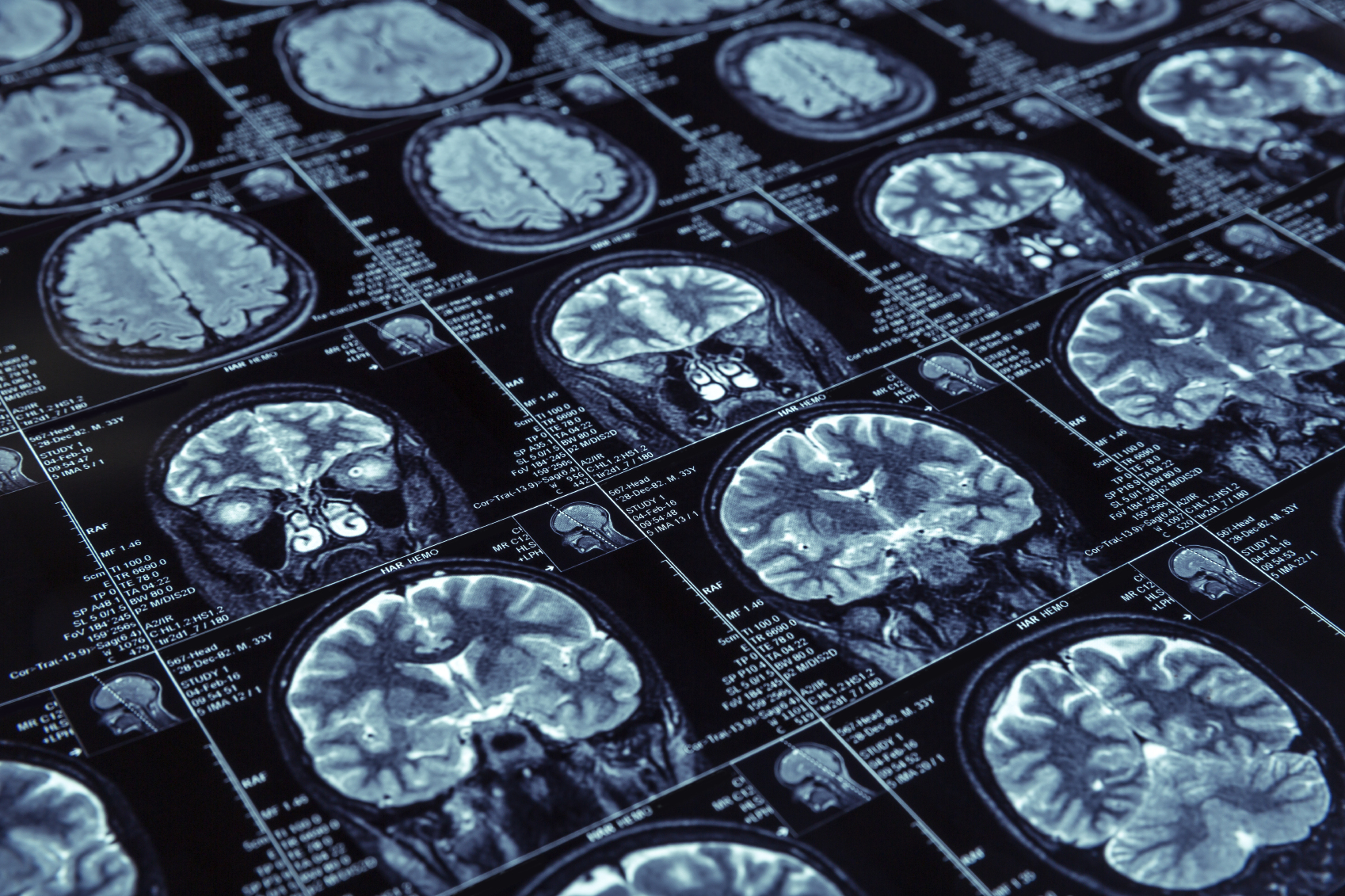FDA fast-tracks NeuroVive's traumatic brain injury drug

The FDA has fast-tracked a drug to treat severe traumatic brain injury from Swedish pharma NeuroVive, hastening its development and review.
Based in Lund, NeuroVive is developing NeuroSTAT for moderate to severe traumatic brain injury (TBI).
With the Fast Track designation from the FDA, NeuroVive is eligible for more frequent meetings and communication with the FDA during the development process, and feedback on each section of its filing.
Fast Track status is reserved for drugs for serious conditions where there are few or no other options, in order to get the product approved and to patients faster.
NeuroSTAT works by protecting and stabilising mitochondria, which generate energy in most living cells.
The drug aims to prevent the emergence of neurological and functional secondary brain damage after a traumatic brain injury (TBI).
It’s hoped this will lead to increased survival, improved quality of life, and preserved neurological function.
The drug has already shown “favourable properties” in a phase 2 trial that investigated safety, tolerability, and whether the drug passes into the brain, the company said.
Analyses of brain cell damage biomarkers in samples from patients have given a first signal of clinical effect.
In advanced brain cell damage in experimental models at the University of Pennsylvania, there was a 35% decrease in volume of brain injury after NeuroSTAT treatment.
There were also positive changes in brain energy metabolite levels and mitochondrial respiratory function, and decreased generation of reactive oxygen species.
NeuroSTAT also has orphan drug designation in both Europe and the US, which could give it market exclusivity benefits if approved.
There are few options available for TBI, although NeuroSTAT research from Rutgers University in New Jersey offers some hope.
While nearly all other treatments focus on preventing nerve cells from degenerating the scientists at Rutgers suggested that restoring a patient’s memory would also be helpful.
They hope that a protein called cypin could help in this regard by speeding the breakdown of guanine products, protecting neurons from injury and retaining brain function.












